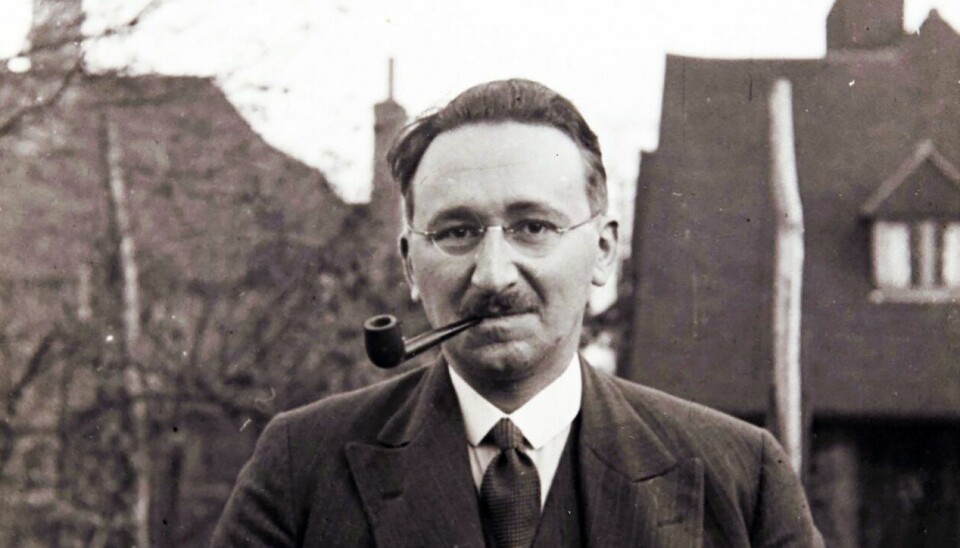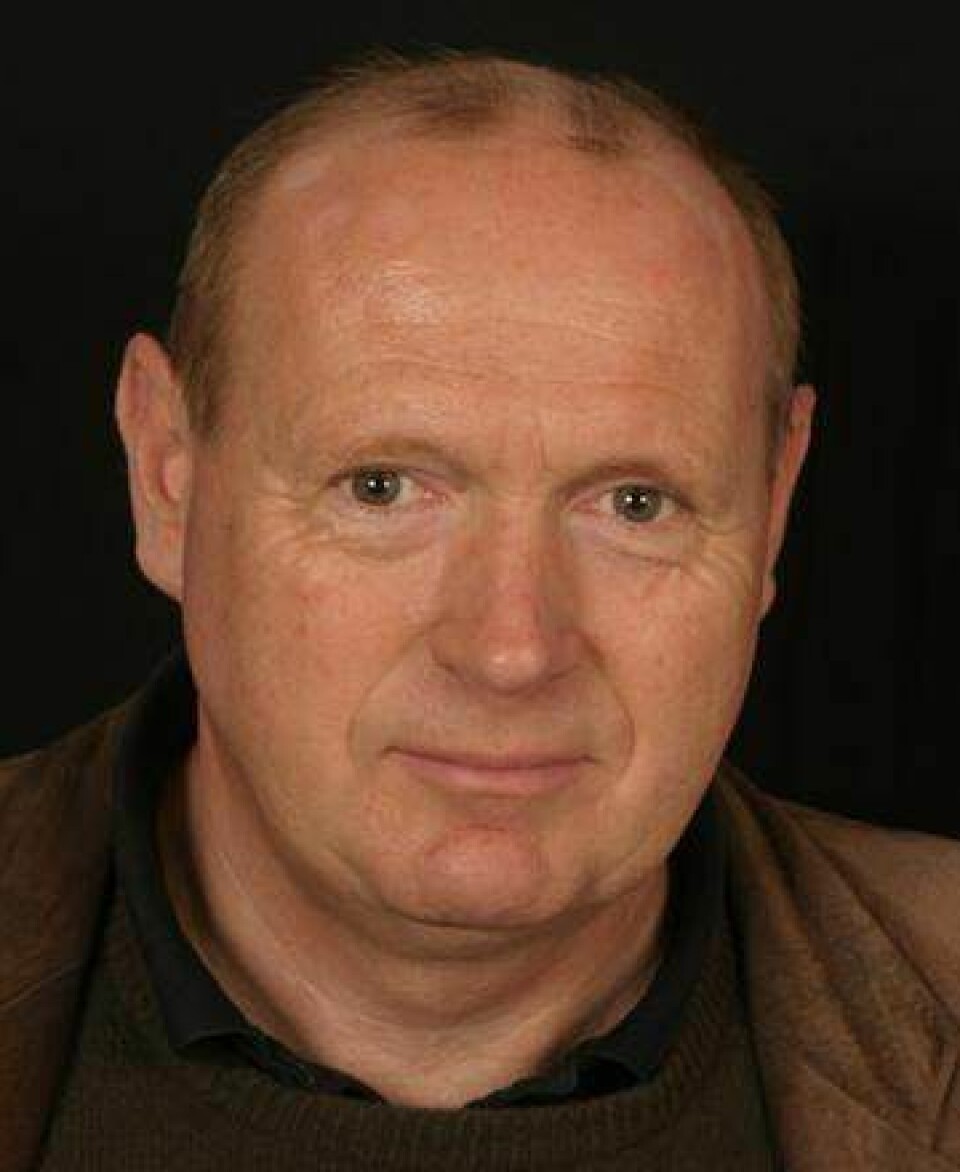THIS CONTENT IS BROUGHT TO YOU BY THE University of Agder - read more
Do we have to choose between freedom and democracy?
Friedrich Hayek's ideas about liberal society are still relevant to the challenges of our time, says reseacher.

“The backdrop for Hayek's thinking is Vienna in the early 20th century. He saw the fall of an empire, a failed attempt to build democracy, and finally a totalitarian society. This became the frame of reference for everything he later wrote,” says Hans Chr. Garmann Johnsen.
He is a professor at the University of Agder and recently published a book about Nobel Prize winner Friedrich Hayek.
Authoritarian democracy
“Hayek was focused on the idea that democracy and liberalism are two different things. A majority can abuse power and limit freedom, something he had seen in interwar Europe,” says Johnsen.
The researcher points to several warning signs in Hayek's analyses. These can help us identify when democracy drifts towards authoritarianism.

“The first sign is when the majority begins to perceive democracy as 'all power in this chamber,' meaning there are no limits to what a majority can decide. This was precisely what Hayek observed in interwar Austria,” he says.
Another warning sign is the rise of friend-enemy thinking in politics.
Walter Lippmann was an American political analyst, columnist, and author. He influenced Hayek.
“Lippmann made a big deal out how totalitarian movements create such friend-enemy dichotomies, which is something we can observe in today’s polarised societal debates” says Johnsen.
A dichotomy is a division into two categories that are mutually exclusive.
Hayek was also concerned about how the rule of law could collapse when challenged by totalitarian forces. He believed that democracy must be limited by constitutional rules.
“He saw how democracy not protected by a well-functioning rule of law can become a tool for restricting freedom rather than protecting it,” the researcher says.
Criticism of planned economy
Hayek gained worldwide fame with the boook The Road to Serfdom (1944). There, he warned that market interventions could gradually undermine the principles of the rule of law and individual freedom.
He was particularly concerned about selective interventions that favoured specific groups or sectors.
“Hayek's main point was that no central authority can gather all the dispersed knowledge needed to govern a society. He argued against the idea that society can be designed, believing that spontaneously developed institutions and rules work better than planned solutions,” says Johnsen.
Examples of such spontaneously developed institutions include the markets, language, common law, and many social norms.
Freedom for all
Johnsen believes we do not always understand just how radical Hayek truly was.
“If you take his principles to their full extent, they are more radical than many think. He believed that the principles of freedom were universal and should apply to all people, regardless of culture or background – not just to the Western world,” he says.
Reference:
Johnsen, H.C.G. 'Friedrich Hayek: Betingelsene for et liberalt samfunn' (Friedrich Hayek: The conditions for a liberal society), Cappelen Damm Akademisk, 2025. ISBN: 9788202769956
———
Read the Norwegian version of this article on forskning.no

This content is paid for and presented by the University of Agder
This content is created by the University of Agder's communication staff, who use this platform to communicate science and share results from research with the public. The University of Agder is one of more than 80 owners of ScienceNorway.no. Read more here.
More content from the University of Agder:
-
Fear being rejected: Half pay for gender-affirming surgery themselves
-
Study: "Young people take Paracetamol and Ibuprofen for anxiety, depression, and physical pain"
-
Research paved the way for better maths courses for multicultural student teachers
-
The law protects the students. What about the teachers?
-
This researcher has helped more economics students pass their maths exams
-
There are many cases of fathers and sons both reaching elite level in football. Why is that?




































